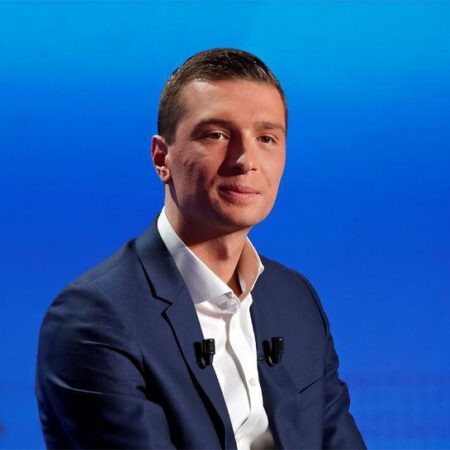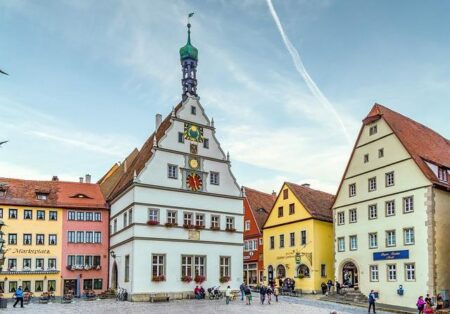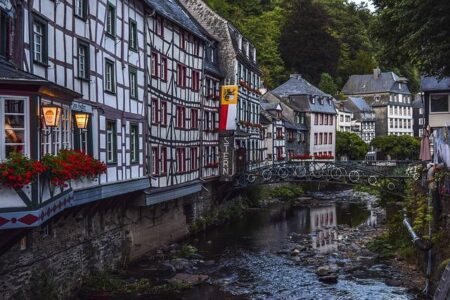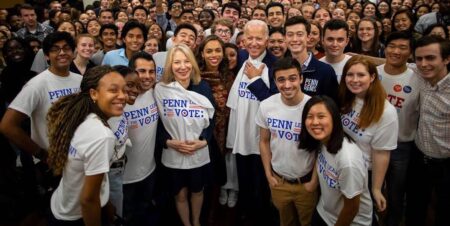Subscribe to Updates
Get the latest creative news from FooBar about art, design and business.
Browsing: European politics
France’s far-right leader Jordan Bardella canceled his scheduled speech in the U.S. following a controversy involving former Trump aide Steve Bannon, who made a gesture reminiscent of Nazi salutes. The incident underscores tensions surrounding far-right movements.
In a striking turn of events, a far-right party in Germany has recorded unprecedented support in the recent elections, reflecting shifting political sentiments. Analysts are examining the implications for the nation’s political landscape and societal cohesion.
In a significant electoral shift, German conservatives celebrated a substantial victory, while the far-right party achieved historic success. This outcome reflects growing support for nationalist sentiments, reshaping Germany’s political landscape.
Germany’s conservative party has secured victory in the latest elections, while the far-right Alternative for Germany (AfD) has surged to second place, according to exit polls. This shift signals a significant change in the nation’s political landscape.
In Germany, a new generation is shaping the far-right movement with brazen rhetoric and social media savvy. This youthful fervor is not only challenging traditional norms but also igniting debates about nationalism and identity in contemporary society.
Germany’s political landscape has been shaken by sudden turbulence as shifting voter sentiments challenge established parties. A surge in populism and new coalitions are reshaping the electoral map, raising questions about the country’s future governance.
Young voters in Germany are increasingly turning to the far-right Alternative for Germany (AfD) party, driven by concerns over immigration, economic instability, and climate change. This shift marks a significant change in the political landscape, challenging traditional parties.
In “Meet Germany’s Far-Right Leader, a Study in Contradictions,” the New York Times explores the complex persona of the country’s right-wing figurehead. Examining his populist rhetoric alongside unexpected vulnerabilities, the article sheds light on the shifting political landscape in Germany.
France and Germany have reportedly obstructed a €20 billion aid package for Ukraine, as highlighted by Spiegel. The delay raises concerns over continued European support amid ongoing challenges in Ukraine’s recovery and defense efforts.
A recent incident in France resulted in one fatality and numerous police injuries in what authorities have classified as an Islamist terror attack. Security forces responded swiftly, highlighting ongoing concerns about extremism in the region.
In the wake of Trump’s unexpected presidency, European leaders are shifting their gaze to Germany’s upcoming election. As concerns about stability and diplomacy rise, many hope that Germany will emerge as a stabilizing force within the EU.














